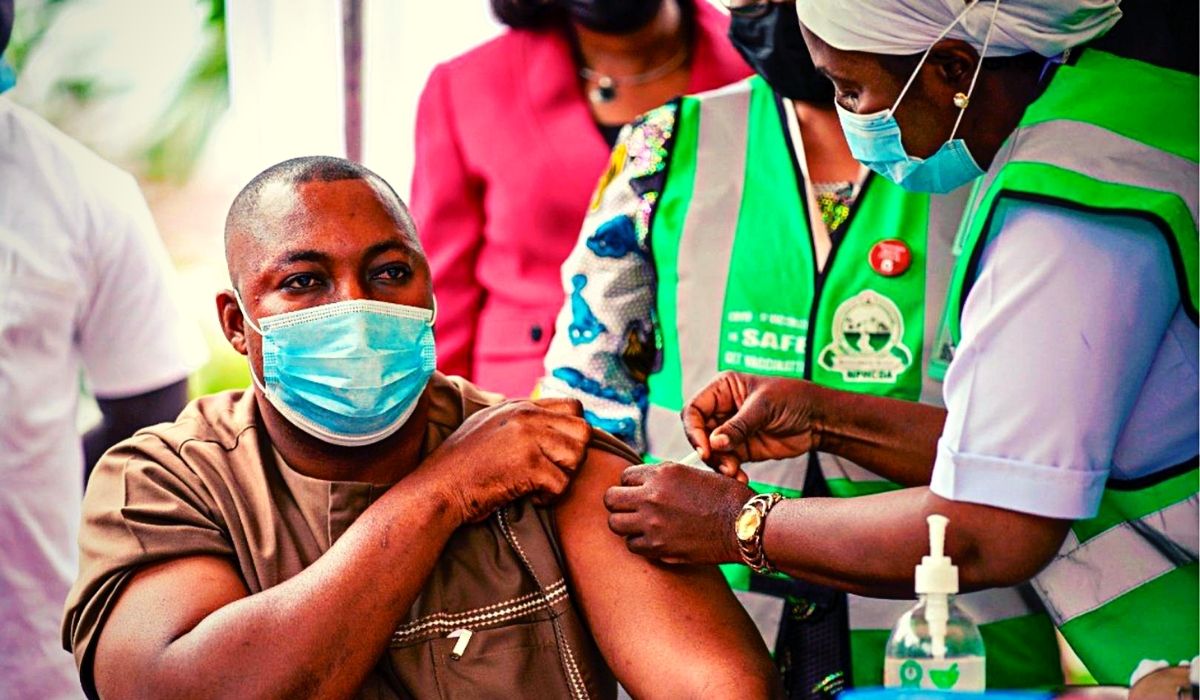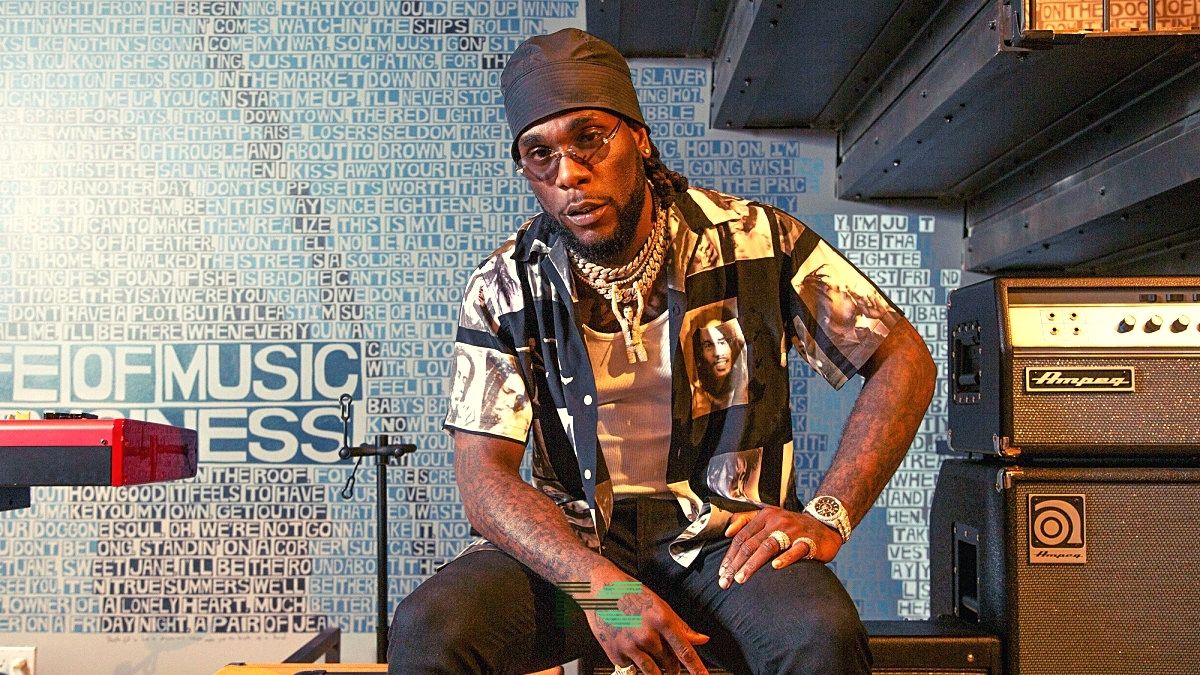Should you take the vaccine? No, you shouldn’t. Like, why should you? Have you not heard it’s a sign of the end of days? Oh please.
What is a Vaccine?
The human body is versatile and packed with different mechanisms to fight against diseases. One of such mechanisms is the antibody.
Whenever a person gets exposed to a disease-causing organism, known as a pathogen, especially for the first time, the body produces antibodies tailored to that particular pathogen, to fight it. Unfortunately, while the body is trying to do this, the person still gets sick and if the pathogen load is more than the body can fight, the person ends up dying. Vaccines work on negating this.
A vaccine exposes the body to a weakened or dead form of the pathogen which the body recognises, and produces antibodies against it, without the inconvenience of sickness or worse, death. This prepares the immune system, gives it a headstart in a sense, such that when it encounters that pathogen again, it’ll recognise the antigen, and fight it better.
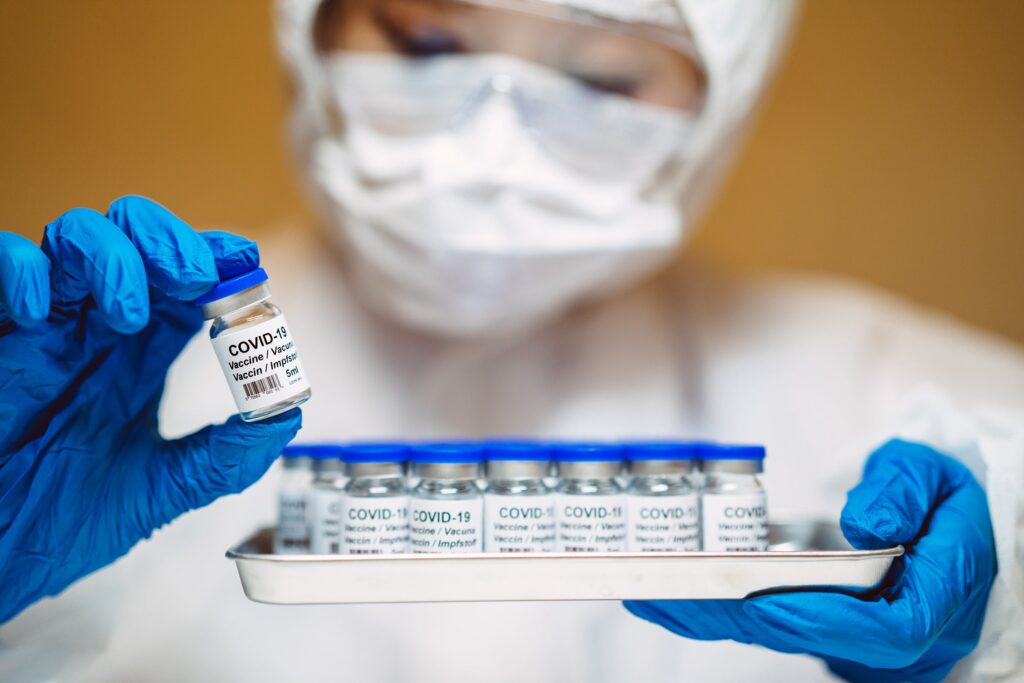
In the case of an epidemic, vaccines can protect the community by reducing the spread of disease among people. This protection is known as herd immunity.
I’ll point out that antibodies are made to recognise specific pathogens, or parts of pathogens, called antigens. This recognition leads to an immune response, which involves the immune system attacking these pathogens.
It’s also important to note that antibodies are also made to fight against unhealthy cells, mutated cells or any other foreign body.
COVID-19
In early 2020, a virus became prevalent, spreading rapidly throughout the world. This virus, COVID-19, which means coronavirus disease 19, was found to have originated from Wuhan, China. Its first case was reported on Dec. 1, 2019, and the cause was a then-new coronavirus later named SARS-CoV-2.
This virus is responsible for over 100 million infections and 2.5 million deaths globally.
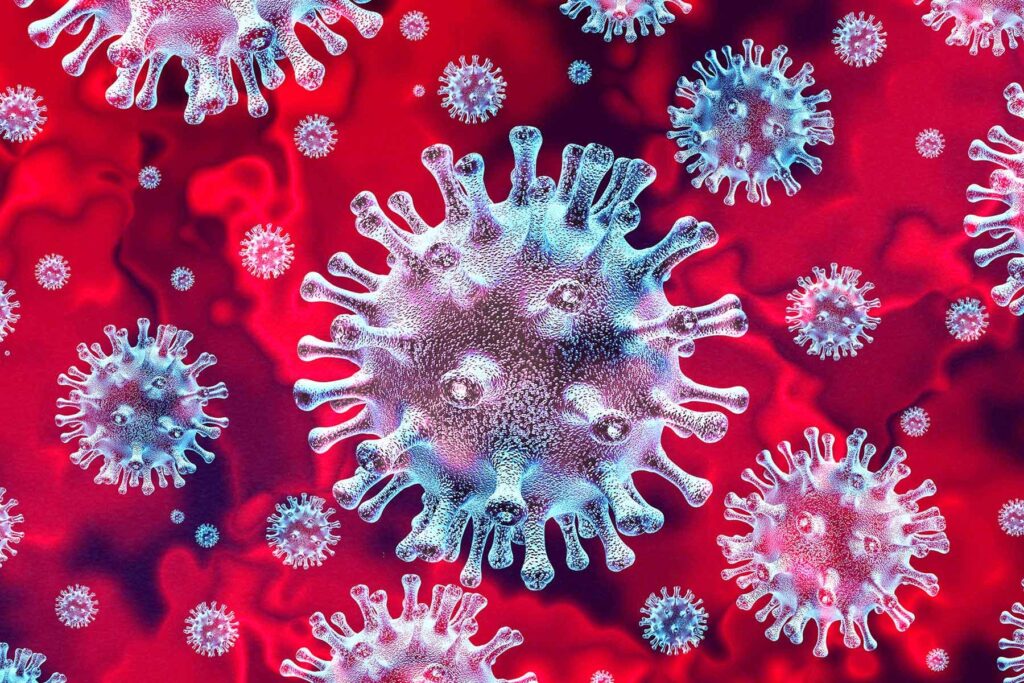
COVID-19 is most commonly transmitted through respiratory droplets, that is, when an infected person coughs, sneezes or talks, the droplets of mucus or saliva gets sprayed through the air. This can be breathed in by an uninfected person, which can lead to an infection.
This virus presents a variety of symptoms, though interestingly, some people might not present any symptom at all, known as asymptomatic. Some common symptoms include shortness of breath, fever, fatigue, and a cough that gets more severe over time.
COVID-19 Vaccines
COVID-19 shocked the world, killing millions of people in a short period. Due to this, scientists, pharmaceutical companies came together, trying to produce treatments and vaccines. As at the time of writing this article, giant strides have been made, with the emergence of 7 different vaccine types, approved by WHO, and many others still in clinical trials. These vaccines are
- The Pfizer/BioNtech Comirnaty vaccine (mRNA)
- The SII/Covishield and AstraZeneca/AZD1222 vaccines use non replicating viral vector technology.
- The Janssen/Ad26.COV 2.S developed by Johnson & Johnson This uses non replicating viral vector technology.
- The Moderna COVID-19 vaccine (mRNA 1273)
- The Sinopharm vaccine. This uses an inactivated form of the virus.
- The Sinovac-CoronaVac. This also uses an inactivated form of the virus.
Side Effects of COVID-19 Vaccines
All drugs have side effects. Normal drugs even more so than vaccines, this is because those drugs are used over years, vaccines are usually a one or two-time thing. That being said, vaccines can have side effects too.
COVID-19 vaccines side effects are minor and last only a few days. These side effects may include pain, swelling and redness in the arm where the shot was given. Fatigue, muscle pain, headaches, fever, nausea. These effects might just signal that the vaccine is working, so there’s nothing to worry about. Over the counter medications can be taken to deal with these symptoms.
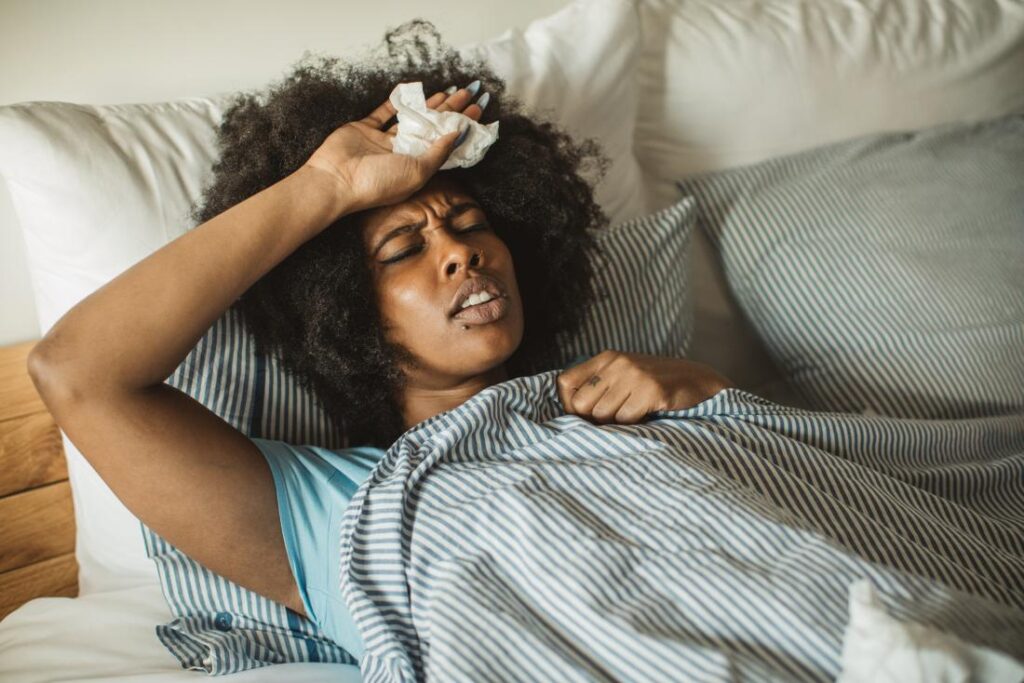
More serious side effects, although rare include myocarditis, which is the inflammation of the heart muscle, observed after taking the mRNA versions of the vaccines.
Thrombocytopenia, an abnormally low number of platelets, was noticed after taking the viral vector versions of the drug.
A condition in which the immune system attacks the nerves, called Guillain Barre, has been associated with the Johnson and Johnson vaccine. Although it’s more likely to develop this after getting infected than with the vaccine.
All these side effects are incredibly rare. See a doctor if you think you have any of these.
Why People Are Not Taking COVID-19 Vaccine.
Many people are wary of taking COVID-19 vaccines for different reasons. Some of these reasons are unfounded, and a result of rumours. Some people are worried about radiation, claiming the vaccine contains substances that can produce electricity. Some are worried that extensive testing wasn’t done on the vaccine. Some feel they are invincible. The most worrisome group out of these people are those that believe there is no COVID-19 at all, that it’s just propaganda. Turns out the people who reject the vaccine more are those it hasn’t affected directly.
It is important that we take these vaccines to give our immune system a fighting chance and boost herd immunity. Do you still think the COVID-19 vaccine is not for you? Let us know in the comments.

